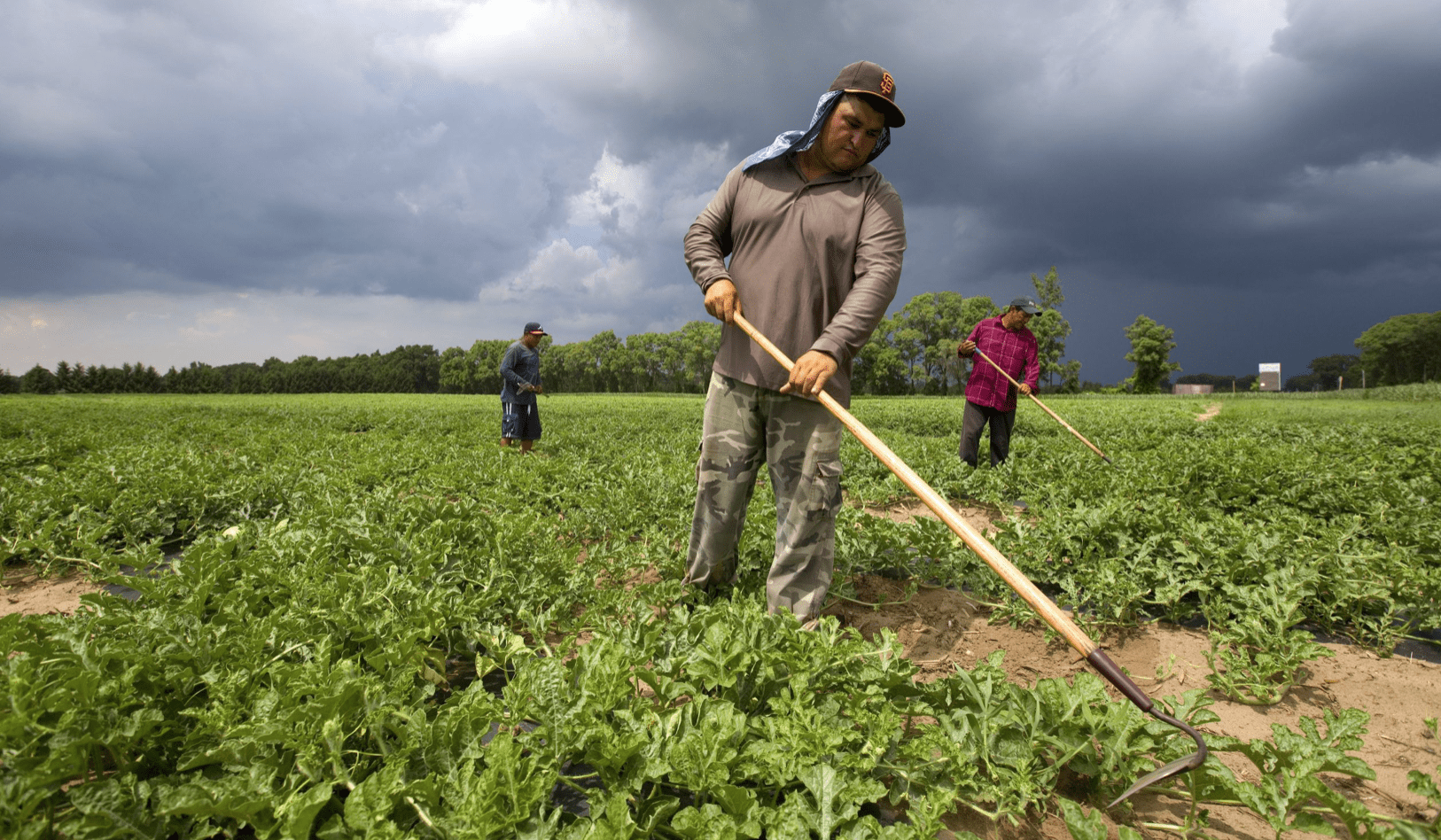This summer Albertans can sell low-risk home-prepared foods at craft fairs and festivals.
It used to be that dreaded red tape prevented that type of activity, but the provincial government has its scissors out and is cutting nonsensical and enterprise-killing over-regulation.
In the same vein, last fall a rule was eliminated that required a legislature debate on approval of small-scale hydro projects.
Under Bill 22, now wending its way through the legislature, vital statistics reports which had to be tabled in the legislature before being made public can now be tossed up online in a much more timely manner.
There are 13 other legislative changes over six ministries in the bill.
For instance, Bill 22 also lets oil sands companies skip that pesky cabinet approval stage on projects. And the energy minister can tinker with oil and gas royalties without consulting cabinet too.
Wait… we seem to have strayed a fair distance from selling rhubarb pie at the county fair.
Like many omnibus bills, Bill 22, the Red Tape Reduction Implementation Act, sounds benign. But the devil is in the details. What appears to be minor housekeeping can turn out to be major renovation.
Under the bill, the province's Alberta Energy Regulator will have the last say on oil sands projects. The government argues taking the politics out of these approvals will speed development and get Albertans back to work.
But oil sands projects are at the very heart of politics in Alberta. They touch most of the key issues in the province: economic development, dependence on non-renewable resource revenue, greenhouse gas emissions and indigenous land rights.
Even before Bill 22, the Alberta Court of Appeal shot down AER approval the proposed Prosper project near Fort McKay because the regulator had not considered the government's promises to the Fort McKay First Nation to protect a sensitive wild area.
The AER had argued that its mandate didn't include considerations of consultations with indigenous groups.
"The public interest mandate can and should encompass considerations of the effect of a project on Aboriginal Peoples," argued the justices.
Grant Hunter, associate minister of red tape reduction, said when Bill 22 was introduced that the requirement for consultation with indigenous people will be respected under the new regime.
"The duty to consult is still the law and we still have that responsibility. So AER will have to have that responsibility and make sure that they take care of it in the best way," he said.
Surely dealing with the public interest and the Crown's obligations on such important issues as oil sands development is the very truck and trade of the elected officials in the cabinet. But the UCP would rather pair down the process than take that responsibility directly.
Bill 22 also lets the energy minister make changes in resource royalties paid to the province, rather than require cabinet approval.
Cabinet decisions are made public in Orders in Council documents, so there is at least some transparency. How the public gets wind of the energy minister's decisions is not quite as cut and dried.
NDP Leader Rachel Notley is protesting the change.
"We cannot have them slip backwards into a situation where we can have backroom deals and backroom conversations with the minister who can with a flick of a pen make allowances for different folks," she told reporters.
The energy minister's press secretary says there is already an act in place that prevents major changes to the royalty regime for 10 years. Major changes and individual deals are two different things.
Bill 22 also eliminates Energy Efficiency Alberta, the agency that promoted and provided incentives for individuals and small business to reduce their carbon footprint. The UCP had already gonged several incentives the agency offered for homeowners to improve their environmental footprint.
The government argues that the agency just duplicated the effort of another agency, Emissions Reductions Alberta. However the second agency deals with big industry not Joe Homeowner looking for a break on solar panels.
It seems some Alberta government's red tape reduction measures are designed to serve ideological imperatives rather than just clear up inefficiencies. Some of this slicing and dicing takes important decisions out of the hands of the elected officials who should clearly be held accountable.
Photo Credit: House and Home








